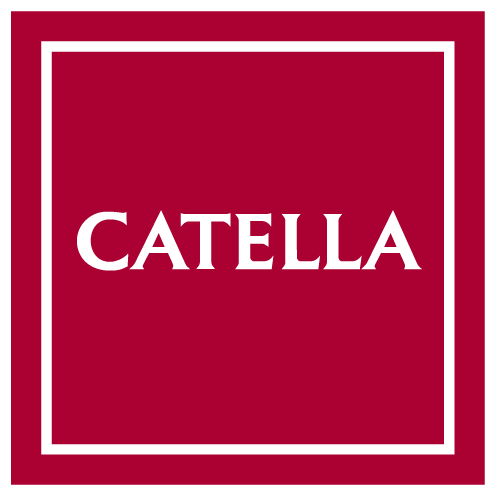It has been only just over two weeks since we wrote our comments on February, but it feels more like two years! Concerns about the spread and impact of the coronavirus have accelerated day by day and, despite being met with both monetary and fiscal stimulus, the world's stock markets have stuck to their trajectory - downward.
As of March 16, the Nordic market (MSCI Nordic total return) is down about 22 percent since the start of the month. The European market (-26 percent for Eurostoxx50) and the US market (-19 percent) had also fallen significantly by the same date. According to the Bank of America's recent survey of global fund managers, stock market sentiment is now lower than it was at the nadir of 2009.
Catella Hedgefond has fallen by almost 10 percent this month. Shares (including derivatives) have contributed approximately -700bps and fixed income approximately -250bps. Our long positions have lost significantly more than our short positions (-27 percent against -19 percent). Unfortunately, cheap companies have become even cheaper in relative terms, while expensive companies have become more expensive. And cheap companies that previously had low beta have, during the downturn, suddenly got significantly higher beta (correlations have increased). The same phenomenon has affected our preference shares, which previously moved marginally while in practice are now acting like ordinary shares. Furthermore, the extremely high volatility in the market has forced both us and most other fund managers to downwardly adjust the gross exposure, which has led to positions being divested at sub-optimal levels.
The range of possible outcomes is now wide open. On the one hand, there is a risk that a prolonged partial lockdown could totally cripple the economy, which would lead to mass unemployment, waves of bankruptcies and a slaughter of asset prices. On the other hand, the development of a vaccine or at least a treatment could totally change the outlook and life would get back to normal. Even a strategy of isolating people in risk groups or widespread use of quick tests could have positive effects on the real economy very quickly.
We are naturally disappointed with performance thus far, but in recent weeks we have tried to create the best possible platform to exploit the opportunities that will undoubtedly arise – as always, the big question is when? The financial markets are forward-looking, so a turnaround in the asset markets should come before it becomes apparent in the real economy or in the number of virus cases.
We at Catella Fonder are of course available by phone or email if you have any questions / concerns.
Read: Mid-crisis – what can people do with their investment portfolio?

